On June 18, 2025, the 39th session of the Division of Economics Academic Workshop was successfully held in Conference Room 401 of the Administration Building at the Puhe Campus. Attendees included Professor Yu Miaojie, President of Liaoning University (LNU); Professor Su Chunyan, Deputy Dean of the School of Public Management; Professor Fan Hongmin; Associate Professor Wang Yongchao; Associate Professor Tang Ying; as well as representatives of keynote speakers from previous workshops. The seminar was chaired by Professor Huo Weidong, Deputy Director of the Division of Economics.
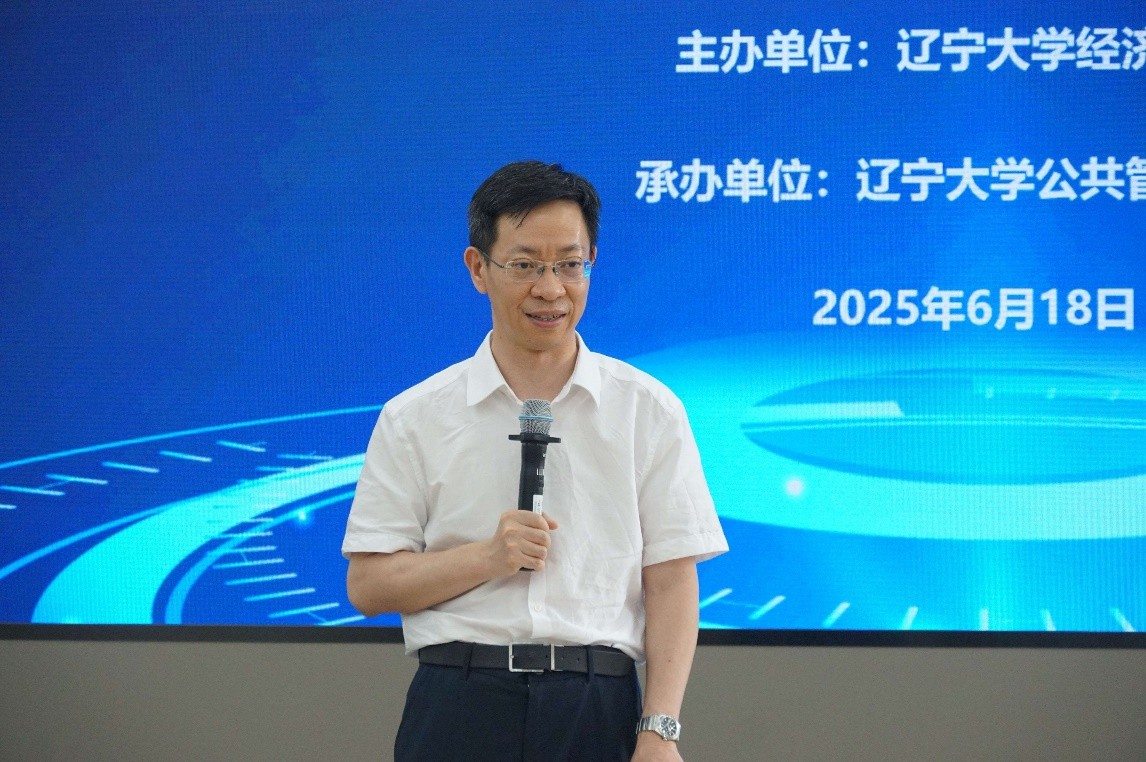
Professor Yu Miaojie first delivered a comprehensive summary of the workshop activities for the semester. He fully affirmed the significant role the workshop has played in promoting academic exchange and enhancing research capabilities. Subsequently, he presented certificates of honor to representatives of the keynote speakers for this and previous sessions.

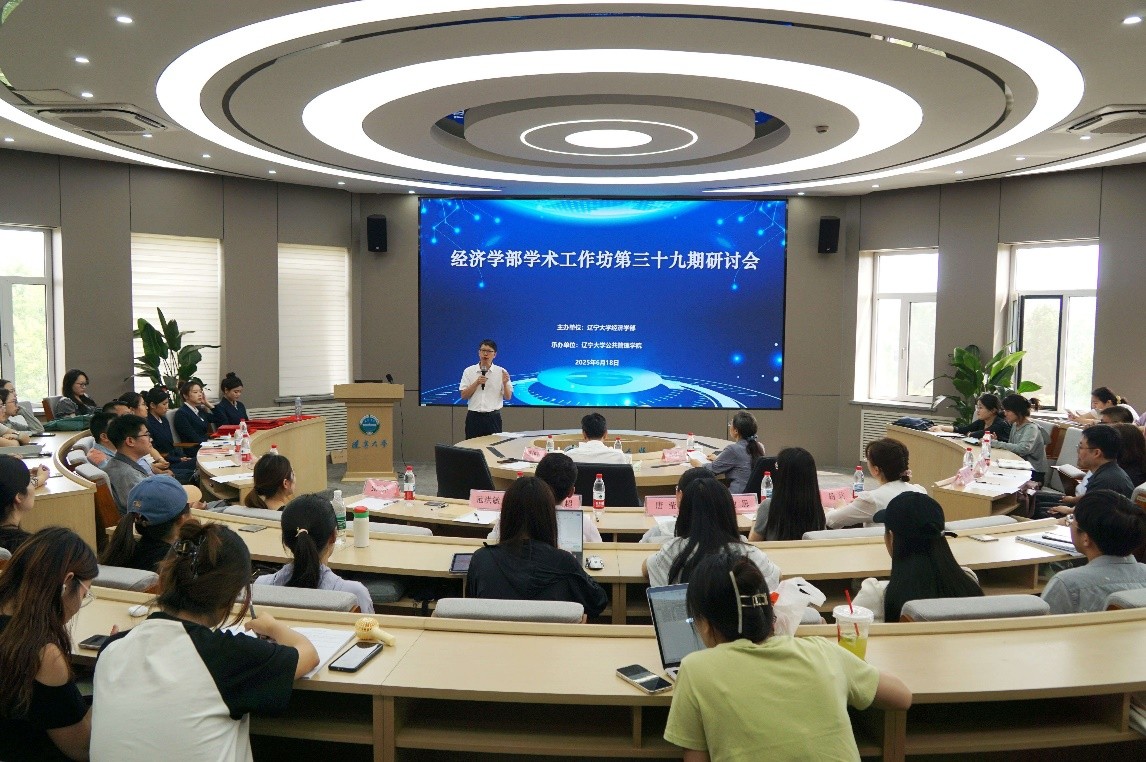
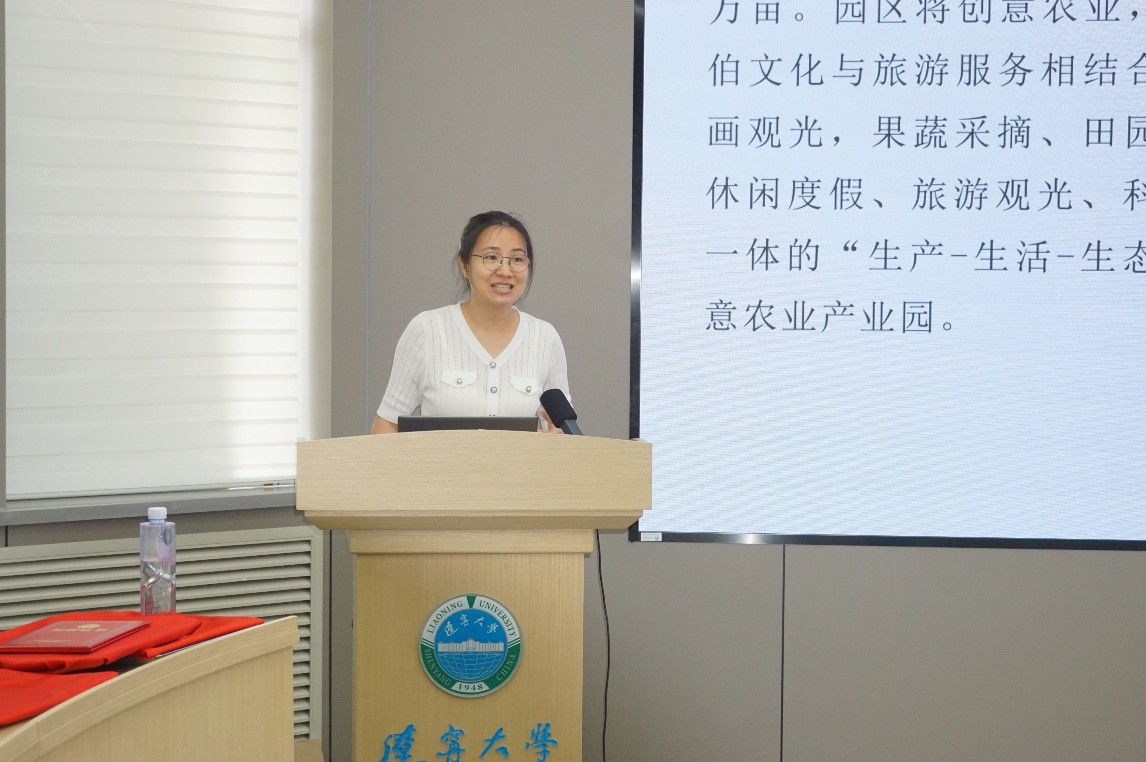
Professor Zhou Min from the School of Public Management was invited to deliver an academic report titled ‘Policy Mechanism for Realizing Development Rights Value of Rural Residential Land from the Perspective of Evolutionary Game Theory’. Based on evolutionary game theory, she explored the behavioral selection mechanisms of governments, social capital, and farmers under different policy scenarios, and conducted simulation analysis using land transfer cases from Shenbei New District in Shenyang, a national pilot county for the new round of rural residential land system reform. The research findings reveal that implementing land rights confirmation and registration policies alone requires stringent conditions for achieving expected equilibrium in game systems, while implementing supplementary policies significantly increases the probability of achieving expected equilibrium. Under the combined ‘land certification with supporting policies’ framework, supplementary policy costs negatively affect the realization of expected equilibrium whereas government value-added benefits exert positive influence. Furthermore, enhancing the transfer benefits for both social capital and farmers can accelerate the game system’s evolution towards stable states. The report provides theoretical references and practical insights for deepening rural residential land system reform and promoting rural revitalization.
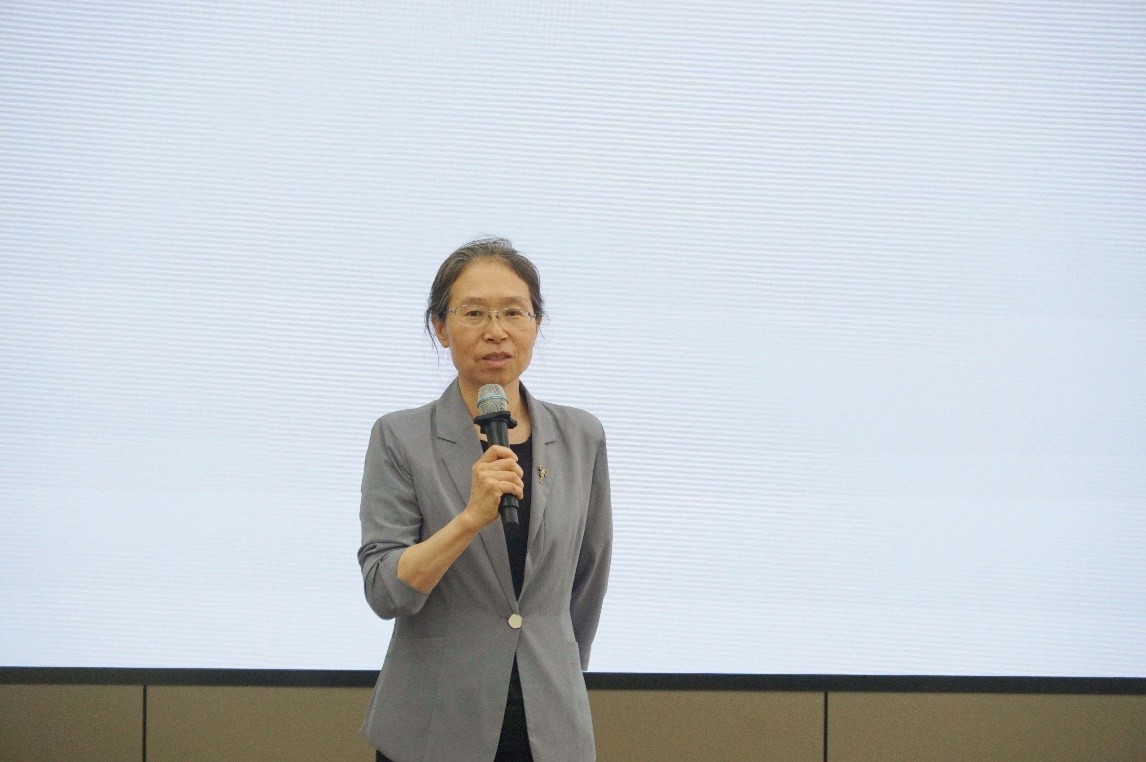
Professor Su Chunyan reviewed the report and praised the substantial academic accomplishments achieved by Professor Zhou Min in scientific research. She acknowledged that the study closely integrated theoretical analysis with practical demands, providing practical and actionable policy recommendations for the reform of the homestead system. Additionally, Professor Su encouraged young scholars to cultivate keen academic insight to explore the underlying logic behind real-world issues.
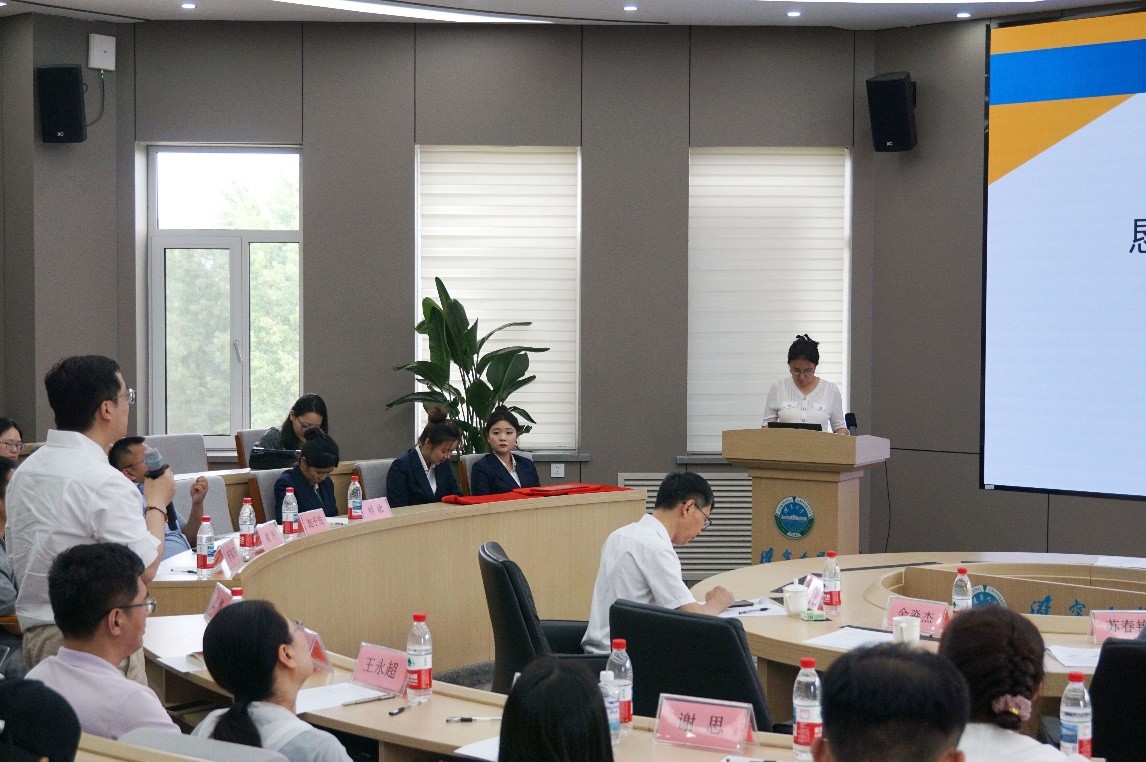
During the interactive session, faculty members and students engaged in discussions centering on the report’s core content, primarily focusing on key issues such as the policy implications of the empirical analysis and the applicability of the model framework. In response to questions, Professor Zhou Min addressed each one thoroughly. Attending experts and scholars actively exchanged insights and opinions, fostering a lively atmosphere of academic dialogue.
The seminar was hosted by the Division of Economics and organized by the School of Public Management. Representatives of faculty and students from the School of Public Management attended the event.
Biography of the Keynote Speaker
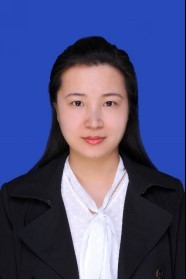
Professor Zhou Min, a faculty member at the School of Public Management, Liaoning University, serves as a master’s supervisor. Her primary research focuses on land use and urban-rural development, as well as land institutions and policies. She has presided three national-level research projects and four other provincial and municipal vertical projects. As the first author, she has published over 20 articles in SSCI/CSSCI/EI journals including Habitat International, Environmental Science, and China Population, Resources and Environment, along with one academic monograph. Her honors include the Outstanding Paper Award from the Annual Conference of the Chinese Society of Land Science and the Second Prize for Outstanding Social Science Achievements in Shenyang.